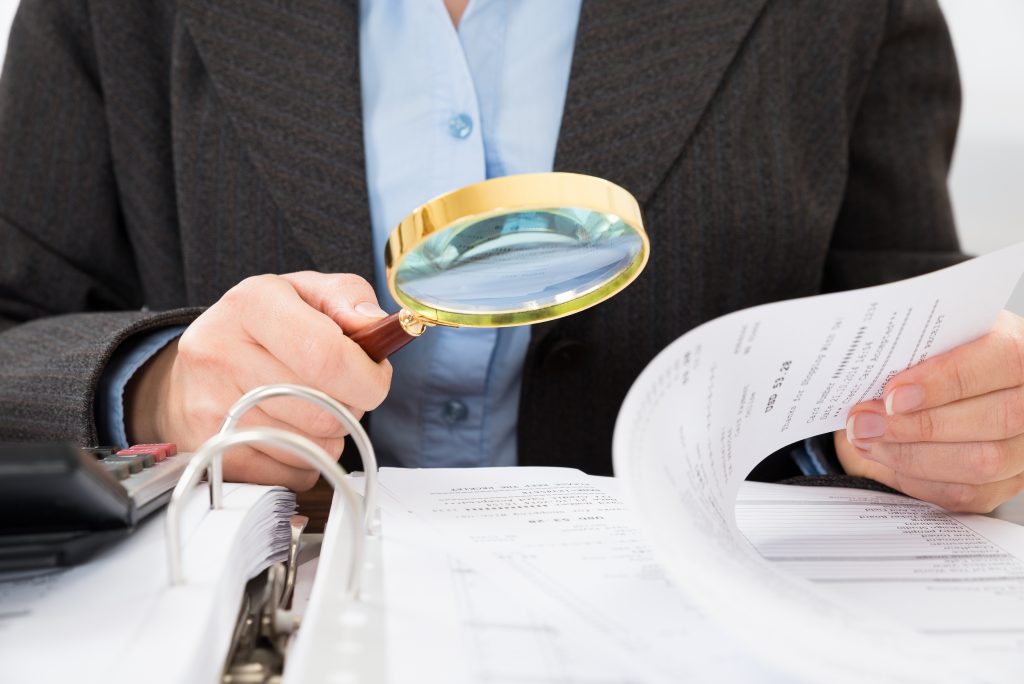6 ways to make your tax return audit-proof
Start by filing on time, being honest and keeping your documents organized.
Advertisement
Start by filing on time, being honest and keeping your documents organized.

RELATED: The fastest way to see which tax credits you qualify for
Share this article Share on Facebook Share on Twitter Share on Linkedin Share on Reddit Share on Email